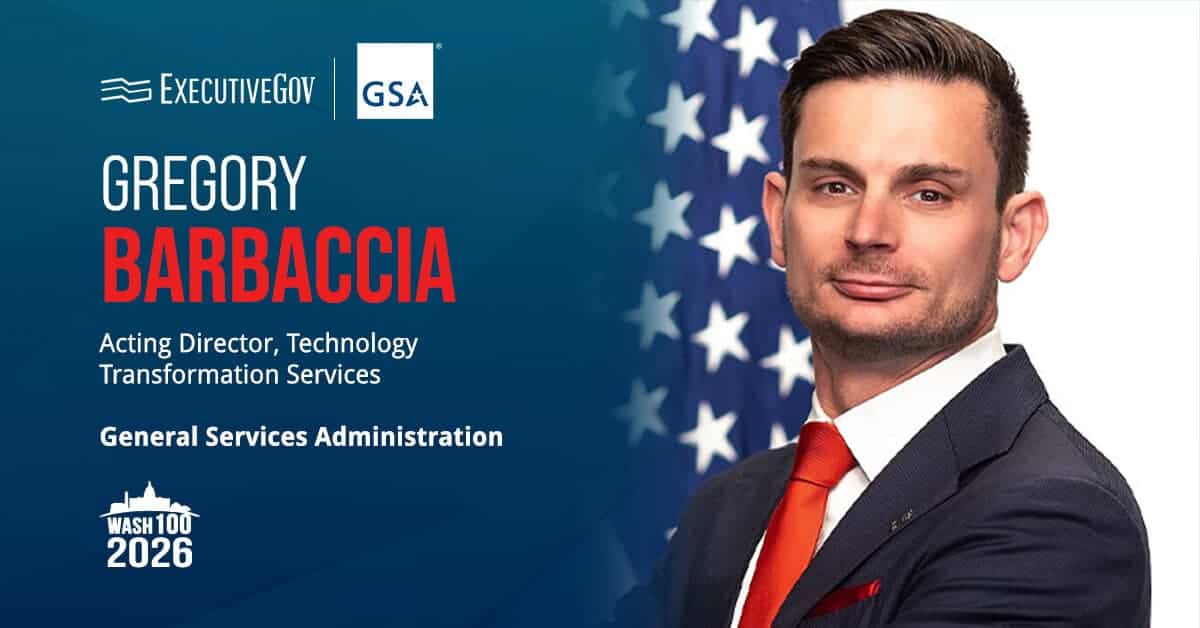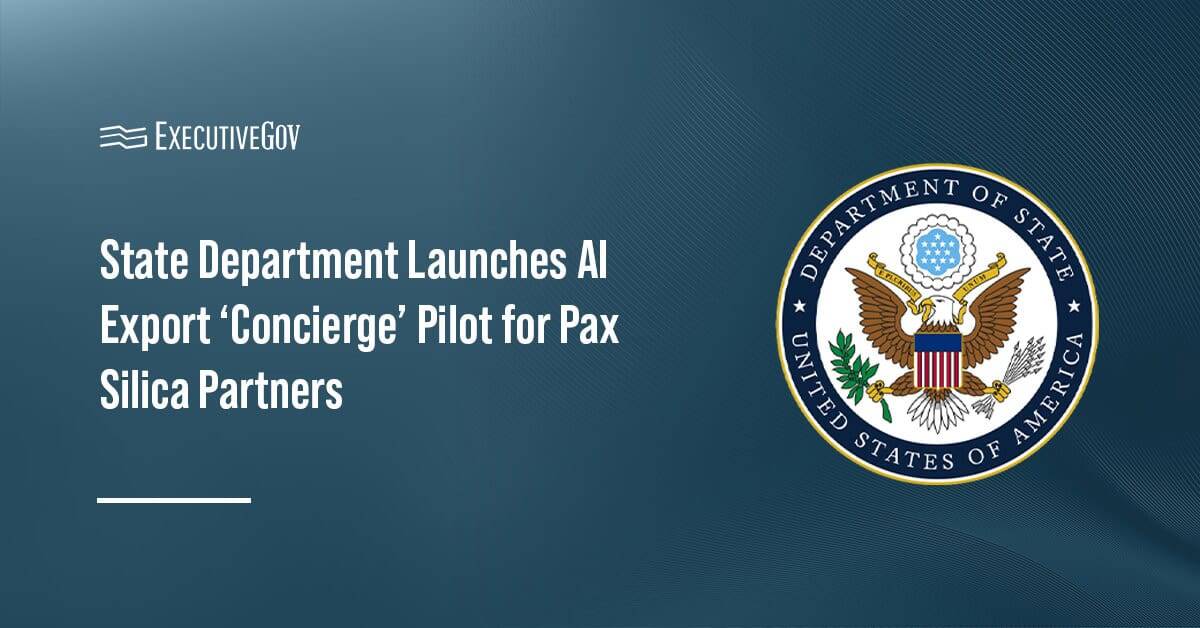
President Donald Trump has nominated James Anderson, a former intelligence officer at the U.S. Marine Corps, to be assistant defense secretary for strategy, plans and capabilities.
Anderson serves as vice president of academic affairs at Marine Corps University and oversees MCU’s academic and professional military education programs in that capacity, the White House said Tuesday.
He previously served as director of Middle East policy at the Pentagon’s Office of the Secretary of Defense.
He is a recipient of the Department of the Army Superior Civilian Service Award and the OSD Medal for Exceptional Public Service.
Anderson holds a bachelor’s degree in liberal arts from Amherst College, as well as a master’s degree in law and diplomacy and a Ph.D in international relations from the Tufts University.





